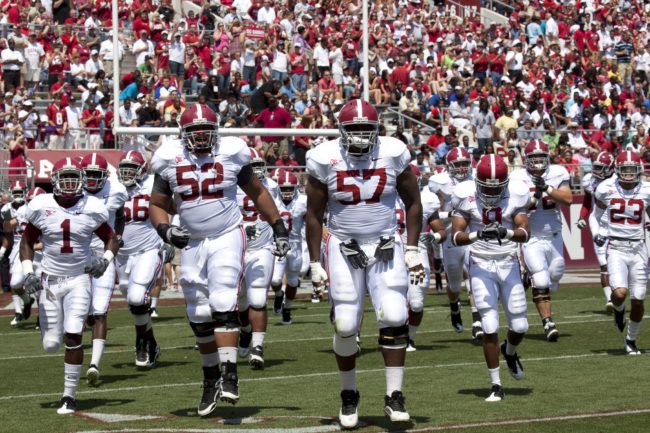On March 8, 2019, U.S. District Judge Claudia Wilken issued an injunction prohibiting the NCAA from enforcing rules that are “overly and unnecessarily restrictive.” In yet another decision, Judge Wilken changed the landscape of the NCCA’s amateurism and compensation rules. For the second time, Judge Wilken ruled that the NCAA’s amateurism and compensation rules violated federal antitrust laws. Specifically, the NCAA can no longer “limit compensation or benefits related to education;” however, the NCAA “may continue … to limit compensation and benefits that are unrelated to education.”
Back in 2014, Judge Wilken presided over a similar antitrust lawsuit against the NCAA in the infamous O’Bannon decision. In O’Bannon, Judge Wilken ruled that the NCAA’s compensation, which prevented student athletes from receiving compensation based on their likenesses, were anti-competitive. The final decision held that compensation had to be capped at the cost of college attendance.
Following O’Bannon, this lawsuit similarly alleged that the NCAA’s amateurism and compensation rules violated federal antitrust laws. According to lawyers representing the college athletes, this new litigation was much broader than the O’Bannon decision. According to the college athletes, since the NCAA decided to allow athletes to receive benefits that were not tethered to education, the NCAA had to justify why additional compensation should not be allowed. The complaint alleged that if a college athlete was worth more to a school than the value of a full scholarship, then that athlete should be further compensated. Simply put, college athletes were asking the court to allow unlimited compensation.
While Judge Wilken did not open the floodgates to unlimited compensation for college athletes, she did rule that athletes could receive scholarships to complete undergraduate or graduate degrees at any school. In addition, Judge Wilken appeared to open the possibility cash, or cash-equivalent, awards based on academics or graduation, under some constraints.
It appears that Judge Wilken took the “split the baby approach.” On one hand, the decision is a partial victory for the student athletes. Specifically, student athletes secured additional compensation from the NCAA and because Judge Wilken determined that her decision constituted a judgment in favor of the student athletes, the NCAA will have to pay their legal costs – an amount likely to be in the tens of millions of dollars.
On the other hand, the decision is a partial victory for the NCAA. Specifically, the ruling prevents student athletes from receiving unlimited benefits. Perhaps more importantly, the NCAA was permitted to adopt a definition for compensation and benefits that are “related to education.” According to Judge Wilken, the NCAA can limit “academic or graduation awards of incentives, provided in cash or cash-equivalent” but that limit cannot be “less than the maximum amount of compensation that an individual could receive in an academic school year in participation, championship, or other special achievement awards (combined).”
According to lawyers representing the college athletes, “[i]t’s not everything we wanted, but it’s an important first step. Schools will now have to compete – and we think they will compete – in offering student-athletes educational benefits, including grad school and other things like that. I think that’s going to be great for the student-athletes.” A statement from the NCAA read, “[a]lthough the court rejected the [student athletes] desire for a free market system, we will explore our next steps as appropriate. We believe the ruling is inconsistent with the decision by the 9th Circuit Court of Appeals in O’Bannon. That decision held that the rules governing college athletics would be better developed outside the courtroom, including rules around the education-related support that schools provide.”
It is clear that the debate over whether or not college athletes should be compensated, similar to professional athletes, has still yet to be answered. Notably, in her conclusion, Judge Wilken chillingly wrote, “[t]here is a great disparity between the extraordinary revenue that [the NCAA] garner from Division I basketball and FBS football, and modest benefits that [student athletes] receive in exchange for their participation in these sports relative to the value of their athletic services and the contributions they make. [Student athletes] contribute their elite talent and time, they limit their educational options, and they risk their long-term health to create enormous financial value for [the NCAA and various colleges and universities].”

